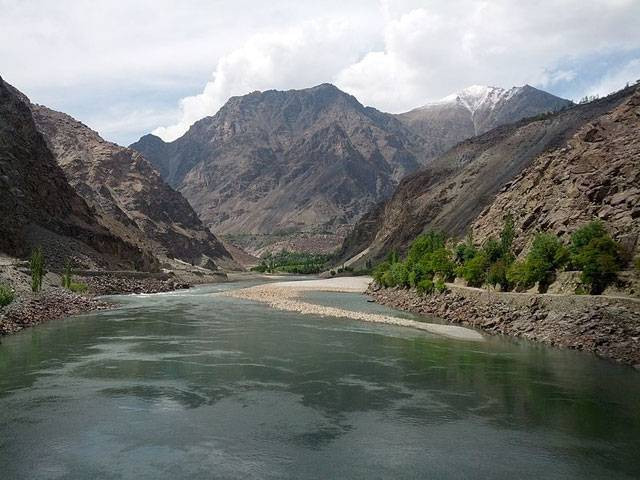India has so far refused to reconsider its decision to contain the Under -suspended Water Treaty (IWT), but the fact is that it cannot completely stop the flow of rivers in Pakistan, given the current infrastructure it has, according to a report on the Al Jazeera Channel website.
But experts warn that even a small diversion or blockage could harm Pakistan, if India managed to stop the flow of rivers in the Indus basin. They warn that such a decision could open the way to a full -fledged war between two countries.
In April, India said that it came out of the IWT after armed men killed 26 Indian tourists illegally occupied Jammu-Cachemire (IIOJK). A day later, the national national security committee of Pakistan rejected the “unilateral” decision, warning that “any diversion of Pakistan water must be treated as an act of war”.
The 85 -page ICTI negotiated by the World Bank and signed in 1960 is different from most of the global aquatic treaties which share water according to their total volume of flows. On the contrary, the IWT divides the rivers – three oriental rivers to India and three Western rivers in Pakistan.
The treaty was a “hydraulic partition” which followed the political partition, told Al Jazeera Majed Akhter, lecturer in geography at King’s College in London. “It was necessary to solve the operating problems of an irrigation system integrated into Punjab,” he added.
However, Akhter stressed that the sharing of water between the neighbors is linked to their dispute on cashmere. “Territorial control of cashmere means control of the Indus waters, which is the main source of water for strongly agrarian economies” in Pakistan and India, he added.




